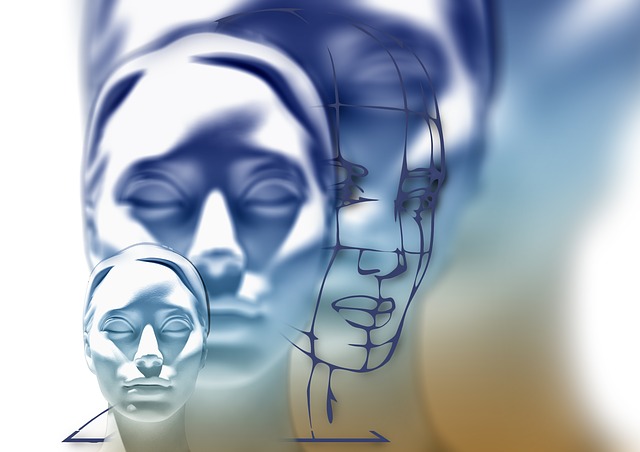
Magnus Johnsson
Cognitive Scientist, Computer Scientist
Consciousness

Something that intensively occupies my thinking right now is the problem of consciousness.
When consciousness is discussed, it is not uncommon that people talk past each other because they may refer to different things. For example, they may refer to our ability to discriminate stimuli, or to control our behaviours or to monitor our internal state. There are no obvious barriers to explaining consciousness from a neurobiological or computational point of view if the word consciousness refers to abilities like these. These are examples of what the philosopher David Chalmers has called the easy problems of consciousness. They are not called the easy problems of consciousness because they are necessarily easy to solve, but because it seems clear how to approach them in principle from a natural perspective.
For the sake of clarity, I therefore emphasize that I mean consciousness in a phenomenological sense, i.e. the subjective first-person experience we have of external objects and inner states. This is referred to as qualia. For example, we experience something when we have different emotions, i.e. it feels a certain way to experience that emotion. And when we feel the taste of, for example, a banana, we experience something subjective and we experience its yellow colour when we see it.
The question is why we have subjective first-person experiences and how they can be explained, and how they fit into our natural world. And by the way, do we really have subjective experiences, or do we just think so?
The phenomenological consciousness does not easily fit into our natural world. Why do our brain processes not only occur in the dark without any accompanying subjective experiences? This has been called the hard problem of consciousness by David Chalmers.
The difficulty with this problem is that a physical explanation in terms of brain processes is an explanation in terms of structure and function which can explain how a system's behaviour is produced, but it is difficult to see why the brain processes are accompanied by subjective first-person experiences.
An interesting question is also the issue of machine consciousness, i.e. whether a sufficiently advanced artificial cognitive system would also experience subjective first-person experiences. In June 2018 I participated in a symposium about machine consciousness at the annual meeting of the International Association for Computing And Philosophy in Warsaw, Poland.
In September 2021, I will give a presentation about some of my views on Perceptions, Imagery, Memory and Consciousness in Man and Machine at the Association for Philosophy and Computing Conference 2021.
Related Publications
Johnsson, M. (2022). Perceptions, Imagery, Memory and Consciousness. In the Polish Journal of Science and Philosophy. Philosophical and Interdisciplinary Studies.
Johnsson, M. (2022). Perceptions, Imagery, Memory and Consciousness in Man and Machine. In the Proceedings of The 2021 Summit of the International Society for the Study of Information.
Johnsson, M. (2019). Conscious Machine Perception. APA Newsletter on Philosophy and Computers, 18, 2, 10-15.